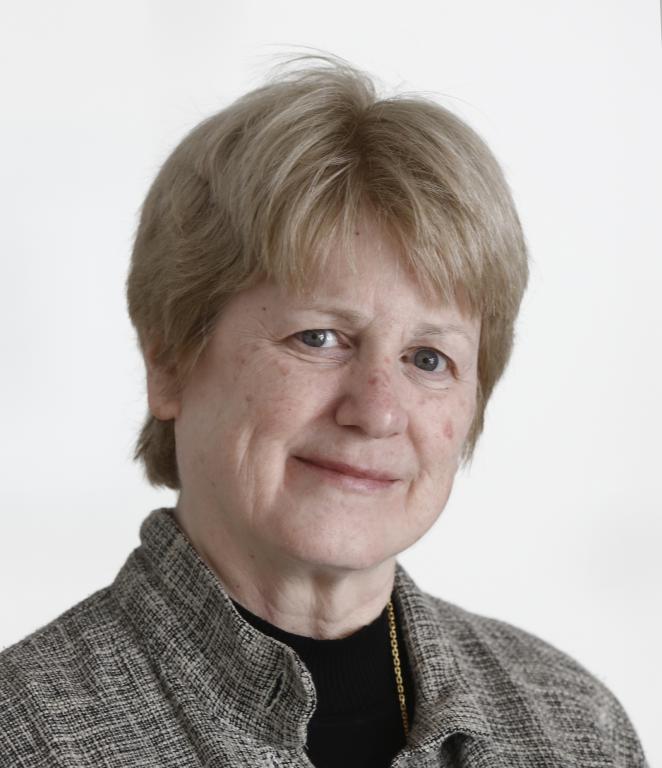 Mary-Claire King, Professor of Genome Sciences and of Medicine at the University of Washington School of Medicine, will speak as part of the IGB Distinguished Public Lecture series on 4:00 p.m. on April 17, 2017 at the Alice Campbell Alumni Center. King studies the genetics and interaction of genetics and environmental influences on human conditions such as HIV, lupus, inherited deafness, and also breast and ovarian cancer. Her talk is entitled "Genetic Analysis of Inherited Breast and Ovarian Cancer: From Gene Discovery to Precision Medicine and Public Health."
Mary-Claire King, Professor of Genome Sciences and of Medicine at the University of Washington School of Medicine, will speak as part of the IGB Distinguished Public Lecture series on 4:00 p.m. on April 17, 2017 at the Alice Campbell Alumni Center. King studies the genetics and interaction of genetics and environmental influences on human conditions such as HIV, lupus, inherited deafness, and also breast and ovarian cancer. Her talk is entitled "Genetic Analysis of Inherited Breast and Ovarian Cancer: From Gene Discovery to Precision Medicine and Public Health."
King is well-known for the discovery that a single gene on chromosome 17, later known as BRCA1, was responsible for many breast and ovarian cancers—as many as 5-10% of all cases of breast cancer may be hereditary. Her work revolutionized the study of numerous other common diseases, and King had successfully identified the gene before the Human Genome Project had been fully developed. Her research has contributed to a greater understanding of how genetic information can aid cancer patients in making informed decisions about their present and future wellness.
The technique King developed to identify BRCA1 has since proven valuable in the study of many other illnesses, and King has built on that research by identifying BRCA2 and extending her technique to other diseases and conditions.
King has been working for several decades in collaboration with scientists around the world to identify genetic causes of hearing loss and deafness. They successfully cloned the first non-syndromic deafness-related gene in 1999. King continues to work with scientists to model international scientific cooperation in conjunction with conducting scientific research - hereditary deafness is common amongst some endogamous Arab communities. She has also contributed on the Human Genome Diversity Project, which seeks to delineate the distinctions among individuals in order to further understanding of human evolution and historical migrations.
